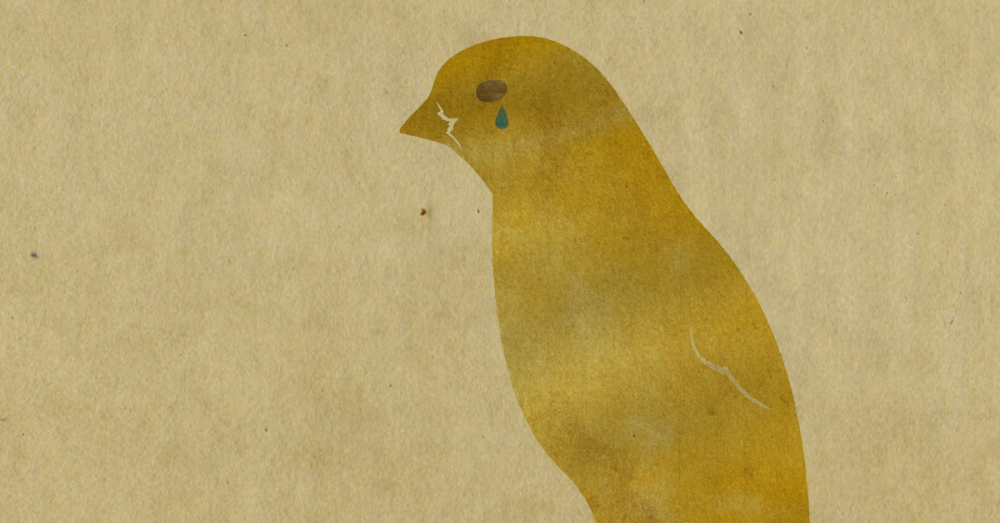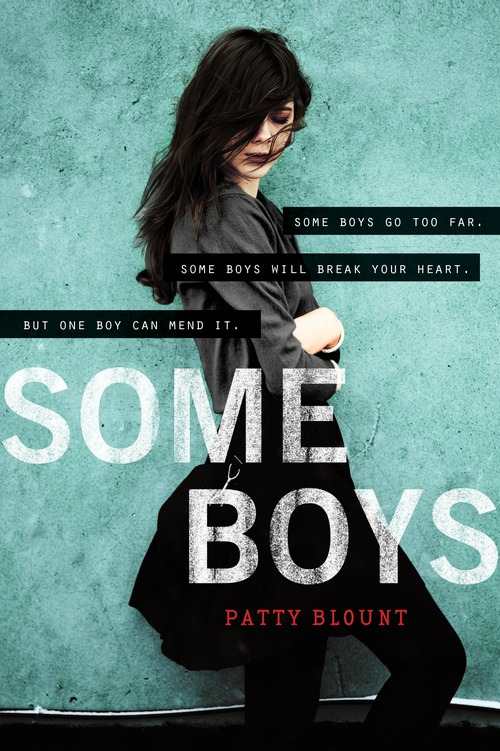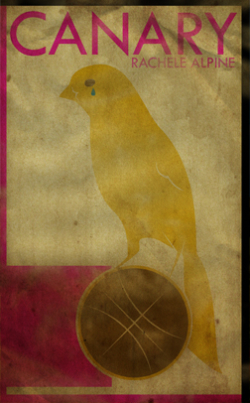Addressing Sexual Assault in YA Fiction

“There is no excuse for rape. Ever.” That’s the stance of Patty Blount, author of Some Boys—an indie YA book addressing the topic of female sexual assault. This stance is not radical. But in a society where comments such as, “She deserved it because of her outfit,” or, “She was asking for it because she was drunk” are considered reasonable, we could use a more thorough call-out and examination from many angles. The world of teen literature is a good place to begin.
Teens struggling with the touchy topic of sexual assault need dialogue. They need a safe literary place they can go in order to find parallels to their own situations, or education on the topic, without risking ridicule.
According to the Rape, Abuse and Incest National Network (RAINN), 44 percent of rape victims are under the age of eighteen. Twenty-nine percent of sexual assault and rape victims are between twelve and seventeen years old. The highest risk years are between ages twelve and thirty-four. Girls age sixteen to nineteen are four times more likely than the general population to be victims of sexual assault or rape. In addition, those who have experienced sexual assault are three times more likely to suffer from depression and twenty-six times more likely to abuse drugs.
It is disconcerting that I could only pinpoint a few indie YA books on the topic. I interviewed Blount and another YA author of a book about this topic—Rachele Alpine, who wrote Canary—to elaborate on the issue as it pertains to indie YA literature.
In Some Boys, Grace—a complex character who dresses suggestively in a sexy, hardcore punk(ish) style—struggles to deal with ridicule from her peers after being violated by the town golden boy, Zac. “I don’t care what you were wearing, what you were doing, what you were saying—there is no excuse for rape,” Blount said. “I could have made Grace a perfect goody two-shoes type of character, but that wouldn’t have matched my ‘no excuse for rape, ever’ theme. I had to make readers like Grace—a girl who dresses too suggestively, according to her dad, who drinks too much, according to one of her teachers, and led a boy on, according to that boy.”


Some Boys addresses seemingly every aspect of what could led up to sexual assault and why it happens, alternating characters between Grace and the friend of the boy who raped her, Ian, in order to give the reader multiple perspectives. In one scene, Grace stands on a chair dressed head to toe in Muslim garb, shouting, “You’re welcome,” to every boy who passes. When asked by students why she is making a scene, she says it is to help stop men from raping her. In response, one guy gets upset, as he feels she is calling him weak. The idea that men are weak and can’t control themselves is the other side of a limiting perspective on rape, going hand in hand with the idea that women ask for it by dressing a certain way. Neither are true.
Rachele Alpine, author of the YA book Canary, originally created the main character, Kate, as part of a college class assignment, to address the topic of sexual harassment through the use of poetry, art, mixed media or song lyrics. Sexually harassed after hooking up with a popular student, Kate’s life turns upside down as rumors and bullying ensue. Canary speaks richly to issues of judgments society tends to place on sexual assault after the fact, getting into further victimization that often happens as a result of further shaming and/or humiliation after the initial event.
The way we look at rape in our culture affects how this act is perceived. It’s an issue suited for teen literature, due to the fact that teens are coming of age and are likely going to be experimenting with sex. We seem to be stuck in the initial stages of exposing the problem, figuring out what to do about it. Further exploration is needed and characters like Grace and Kate set collective standards and boundaries high, starting from a young age.
“I think it’s important to approach the theme of female sexual assault and start conversations about it. It needs to be talked about, and we can’t wait for others to do it,” Alpine said. “The theme I was aiming for and most definitely preach is to never be silent. There is always going to be someone who will listen to you, and you need to keep making your voice heard until someone listens.”
Blount, who has two sons herself, knows full well the pressures of each gender, and agrees that both sides need to be looked at. “Boys are raised believing girls are “less than.” Insults they hurl at each other include words like “pussy”—a female word. Lack of athletic ability is expressed as girlish—“You throw like a girl” or “You fight like a girl”. How, then, are boys supposed to grow up to respect women as equal partners in life?”
This necessary dialogue will continue to grow more and more as authors explore these themes in the form of characters we can relate to, get involved with, and talk about. Although it’s not a pretty topic to discuss, teens seeking solace will likely look for something they can read in private, an e-book, or a book pulled from the local bookstore or library stacks.
Librarians and teachers looking for indie books on this topic can use a couple of newer resources, including the Tumblr for the project associated with the hashtag #SVYAlit, or Sexual Violence in YA Lit. Created by teen librarian Karen Jensen in order to evaluate sexual abuse in teen literature, this blog places the topic, along with books covering this theme, under the microscope. Discussion can also be added to that of grassroots organizations such as We Need Diverse Books. WNDB seeks to support the writing of books covering the experience of voices not accurately represented in today’s literature, including LGBTQIA, ethnic, cultural, and religious minorities.
Writers looking to write in a segment that hasn’t been tackled yet could very well focus on sexual assault in these demographics, in order to shine the light for those who do not have a voice (yet). The indie world is well equipped to tackle the topic of sexual assault, as well as to discuss the current rape culture mentality through the voices of diverse characters. Consider this a call to action!

Daughter of classical pianist Kendall Ross Bean, Kyrsten Bean is an Oakland, California-based singer, songwriter, guitarist, and professional writer. You can follow her on Twitter @kyrstenbean
Kyrsten Bean
